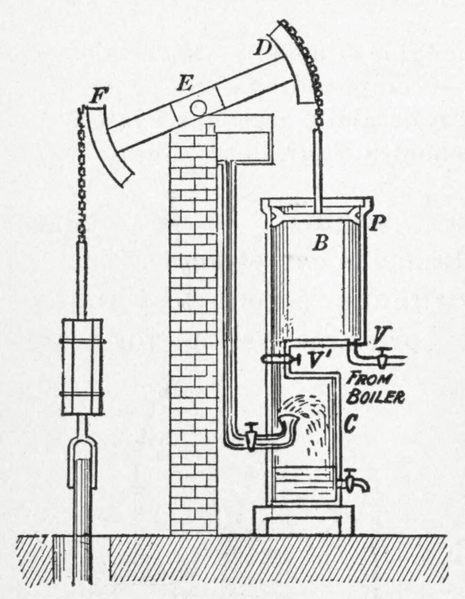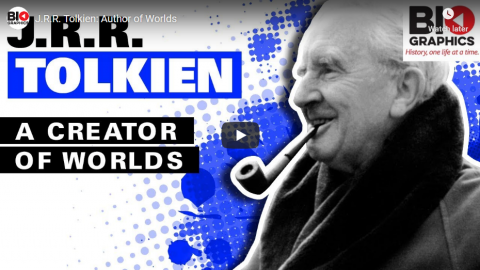Sabaton History
Published 19 Dec 2019The British T.E. Lawrence played a major role in bringing together a coalition of Arab factions to rise up against the Ottoman Empire. Their efforts helped the British war effort in the Middle East, but the British-Arab coalition was not as stable as it might have seemed.
Support Sabaton History on Patreon: https://www.patreon.com/sabatonhistory
Listen to The Great War (Where “Seven Pillars of Wisdom” is featured):
CD: http://nblast.de/SabatonTheGreatWar
Spotify: https://sabat.one/TheGreatWarSpotify
Apple Music: https://sabat.one/TheGreatWarAppleMusic
iTunes: https://sabat.one/TheGreatWarItunes
Amazon: https://sabat.one/TheGreatWarAmazon
Google Play: https://sabat.one/TheGreatWarGooglePlayListen to Sabaton on Spotify: http://smarturl.it/SabatonSpotify
Official Sabaton Merchandise Shop: http://bit.ly/SabatonOfficialShopHosted by: Indy Neidell
Written by: Markus Linke and Indy Neidell
Directed by: Astrid Deinhard and Wieke Kapteijns
Produced by: Pär Sundström, Astrid Deinhard and Spartacus Olsson
Creative Producer: Joram Appel
Executive Producers: Pär Sundström, Joakim Broden, Tomas Sunmo, Indy Neidell, Astrid Deinhard, and Spartacus Olsson
Post-Production Director: Wieke Kapteijns
Production Intern: Rune Væver Hartvig
Edited by: Iryna Dulka
Sound Editing by: Marek Kaminski
Maps by: Eastory – https://www.youtube.com/c/eastoryArchive by: Reuters/Screenocean https://www.screenocean.com
Music by Sabaton.Sources:
– National Portrait Gallery
– Boston Public Library
– IWM: Q 59294, Q 73536, Q 115096, Q 73535, Q 60212, Q 103747, Q 67234, Q 59703A, Q 59576, Q 58858A, Q 58861, Q 58863, Q 59193, Q 58823, Q 58938, Q 59078, Q 59190, Q 58841, Q 58704, Q 59422, Q 58891, Q 60035, Q 59073, Q 60102, Q 60096, HU 123936, Q 12629, Q 58752, Q 59314, Q 59314A, Q 58830, Q 58845, Q 12364, ART 3198, ART 2510, Q 105583, Q 103750, Q 59324, Q 59312, Q 12363, Q 103770, Q 86295, Q 59061, Q 72565, Q 12332An OnLion Entertainment GmbH and Raging Beaver Publishing AB co-Production.
© Raging Beaver Publishing AB, 2019 – all rights reserved.
From the comments:
Sabaton History
2 days ago (edited)
Thats right, it’s Indy of Arabia! Even though “Seven Pillars of Wisdom” is a crew-favourite, we have waited with this episode until we could show off some exclusive material from the “Seven Pillars of Wisdom” music video. With none other than Indy Neidell in the role of Lawrence (or Peter O’Toole?). This episode sure is among our favourite episodes to this date — we hope you enjoy it as well. If you do (and you weren’t already convinced by Joakim’s awesome Call To Action (17:20), please consider supporting this project on Patreon. It is thanks to those who are already there that we’re able to keep making these episodes! -> https://www.patreon.com/sabatonhistoryCheers,
The Sabaton History Team









